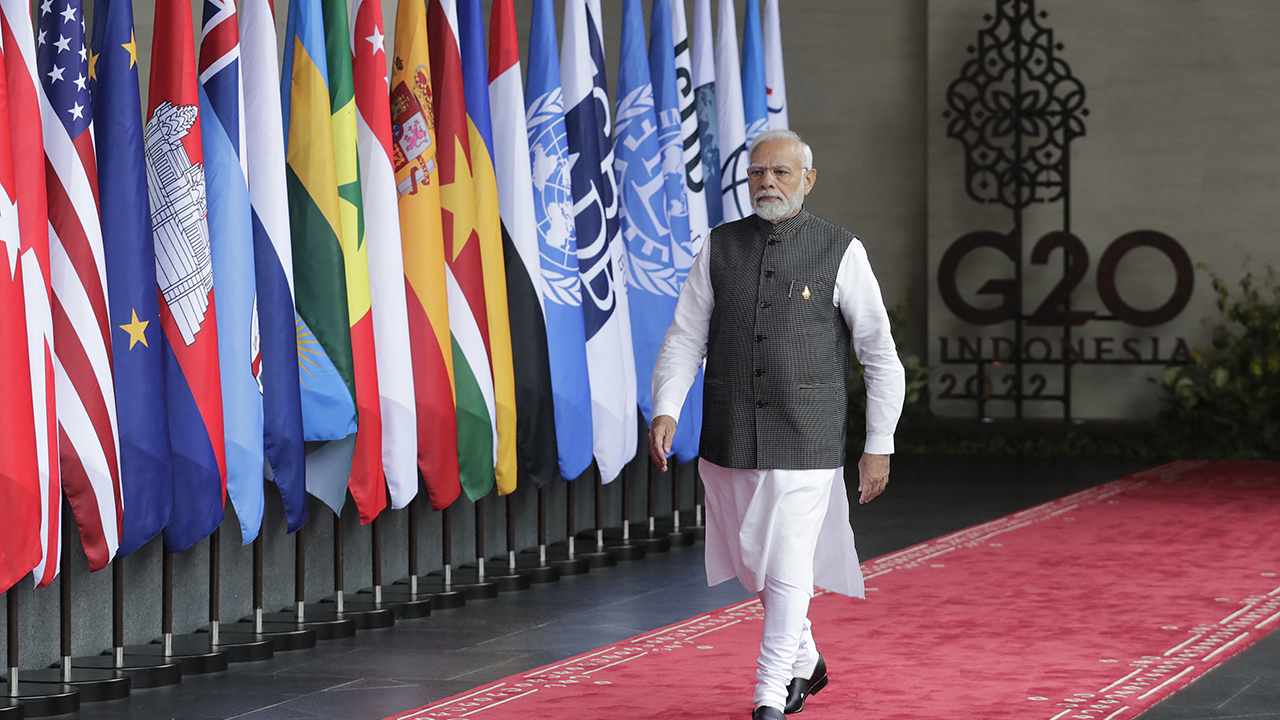
When Americans think about Israel, what do they have in mind?
67% of U.S. adults express a favorable view of the Israeli people; a much smaller share (48%) says the same about the Israeli government.
67% of U.S. adults express a favorable view of the Israeli people; a much smaller share (48%) says the same about the Israeli government.
As President Joe Biden embarks on his first visit to Israel as president, he does so against an amicable backdrop: A majority of adults in both Israel and the United States have favorable views of the other country and the current state of bilateral relations, though Americans’ views on Israel differ sharply by party and age.
Americans’ views vary when it comes to how they see the United States’ standing in the world and the state of its democracy.
Much larger shares of people in most nations see China’s influence growing than say the same of the United States.
Large majorities in most of the 19 countries surveyed have negative views of China, but relatively few say bilateral relations are bad.
Nearly half of Americans (47%) say that the United States’ influence in the world has been getting weaker in recent years.
Only 13% of Americans think the U.S. garners more respect internationally now than in the past, while 19% think it’s as respected as ever.
Most say U.S. is reliable partner, and ratings for Biden are mostly positive – although down significantly from last year.
More than nine-in-ten Poles see Russia as a major threat and have no confidence at all in Putin
There are differences by age in Americans’ attitudes about whether the U.S. should focus more on domestic problems or be more globally active.
Across 12 countries, a median of 40% of adults say they have no confidence in Indian Prime Minister Narendra Modi to do the right thing regarding world affairs. About eight-in-ten Indians have a favorable view of Modi.
Majorities in most countries say China does not take into account the interests of other countries in its foreign policy, and China does not contribute to global peace and stability.
Across 24 countries, large shares have an unfavorable view of Russia and no confidence in Putin to do the right thing regarding world affairs.
Overwhelmingly, people believe the U.S. interferes in the affairs of other countries, but most also believe the U.S. contributes to peace and stability around the world. U.S. President Joe Biden receives mostly positive reviews.












